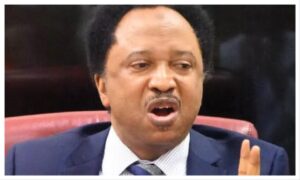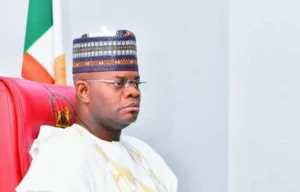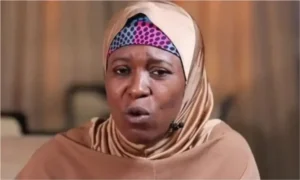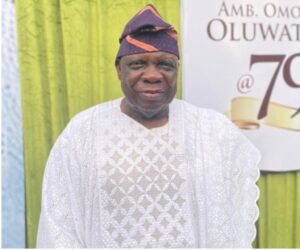Today, May 29, marks exactly one year since Bola Ahmed Tinubu took over office as president of Nigeria.
Tinubu was sworn in as the fifth democratically elected president since the return of democracy in 1999, following his victory in the 2023 presidential election. At 72, Tinubu contested on the platform of the ruling All Progressives Congress (APC) and emerged victorious against his closest rivals, Atiku Abubakar of the Peoples Democratic Party (PDP) and Peter Obi of the Labour Party (LP).
His victory was met with mixed reactions, including allegations of electoral malpractice and a legal battle. Despite the controversy, Tinubu’s inauguration on May 29, 2023, marked the beginning of a new chapter in Nigeria’s democratic journey. Over the past year, Tinubu’s administration has navigated a complex landscape of expectations, challenges, and diverse opinions on its performance and policies, leading to significant political dynamics across the nation
Renewed Hope: A Controversial Start
Tinubu’s administration began on a contentious note with the removal of the fuel subsidy announced on his inauguration day. Tinubu admitted that this announcement was not part of his planned speech but was made in the best interest of Nigerians. Oil marketers quickly adjusted fuel prices to about N500 per litre, which later increased to about N617-N1000 per litre, depending on the location. This move inflicted hardship on many Nigerians, contributing to high inflation and skyrocketing prices of commodities by about 300 percent. The removal of the fuel subsidy also led to two total shutdowns by organized labor due to the ongoing suffering in the country.
Betta Edugate – A Major Scandal
Six months into his administration, a major scandal hit the APC-led government involving Betta Edu, the Minister of Humanitarian Affairs and Poverty Alleviation. Edu was accused of transferring N585.189 million meant for vulnerable groups into a private account. This sparked national outrage and reinforced the notion that the APC government might exploit Nigeria for personal gain. Consequently, President Tinubu suspended Edu and ordered a thorough investigation, the outcome of which is still pending.
Is Subsidy Truly Gone?
There are allegations that the federal government is still paying subsidies for fuel despite claiming its removal. The World Bank and the CEO of Pinnacle Oil and Gas Limited asserted that the federal government continues to subsidize fuel. Activist and lawyer Femi Falana urged the government to review this policy in the public interest, citing a lack of transparency and a significant monthly expenditure on fuel subsidies.
Renewed Hope – The Good, The Bad, and The Ugly
Tinubu’s administration was based on a policy document titled “Renewed Hope,” covering national security, economy, agriculture, power, and other areas. However, many Nigerians feel the impact of these policies is yet to be felt, with rising prices and ongoing hardships.
Insecurity – The Bloodbaths Continue
Despite increased funding for security agencies, security challenges persist. In places like Benue and Plateau states, farmers have abandoned their farms due to clashes with herdsmen. In the northeast, bandits continue to threaten citizens. Although Tinubu inherited this crisis, many believe his approach to addressing it is inadequate. However, some groups commend the administration for neutralizing many terrorists and criminals.
Reactions to Tinubu’s First Year
Opinions on Tinubu’s first year in office vary widely. Some politicians and activists criticize the administration for failing in areas such as security, economic policies, and infrastructure, giving it a poor performance score. Others praise Tinubu for taking bold decisions, such as the removal of the fuel subsidy, and initiating significant projects, urging patience from the populace.
Mixed Reviews
While some believe Tinubu’s administration has driven away big multinationals and increased hardship, others argue that he has managed the country well and laid foundations for future benefits. Activists call for more time to fix the systematic destruction over the years, expressing optimism about the path to recovery.
In conclusion, Tinubu’s first year in office has been marked by significant controversy, challenges, and mixed reactions from various segments of society. The administration’s policies and decisions have sparked broad reactions, creating a spectrum of opinions on its performance.







